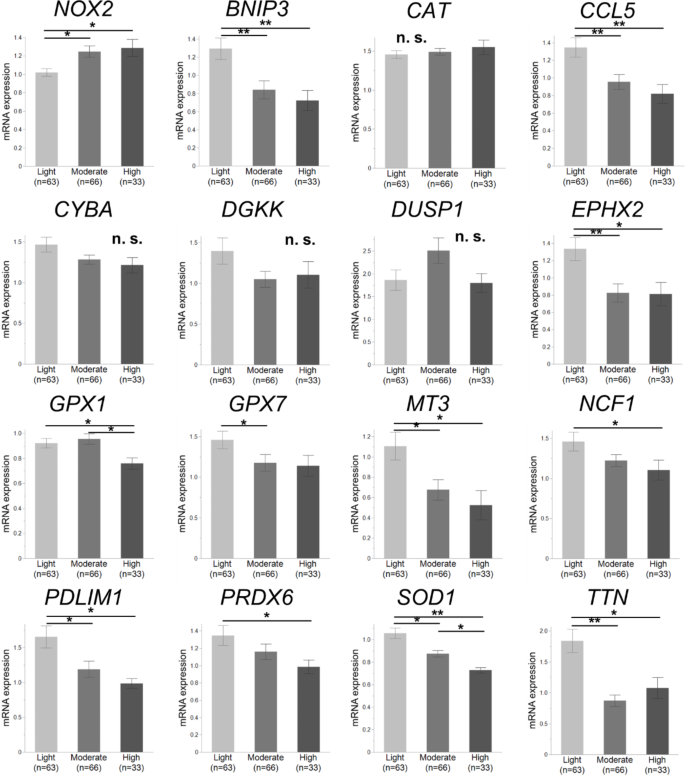Excessive alcohol consumption is known to increase oxidative stress and damage the body’s antioxidant system, even in young adults. In a new study, researchers found that even light alcohol consumption during young adulthood can impair the antioxidant system in peripheral immune cells. The study identified superoxide dismutase 1 (SOD1) as a key indicator of this impairment, with its levels being the most negatively correlated with the degree of alcohol consumption. These findings suggest that monitoring SOD1 levels could be a sensitive way to detect heavy alcohol use and its impact on the body’s defenses, even at a young age. Understanding how alcohol affects the antioxidant system is crucial for preventing long-term, oxidative stress-induced health problems.
Alcohol’s Toll on the Antioxidant System
Moderate alcohol consumption can provide some mental and physical benefits, but excessive drinking leads to increased bloodmononuclearcell’>peripheral blood mononuclear cells (PBMCs). PBMCs are immune cells that circulate in the blood and can provide insights into the body’s overall antioxidant status. But the changes in the antioxidant system of PBMCs due to alcohol exposure at a young age had not been thoroughly investigated.

Assessing the Antioxidant System in Young Drinkers
In this new study, researchers from the University of Tokyo examined the expression of 84 antioxidant-related genes in PBMCs from 197 male university students, both drinkers and non-drinkers. They found that the expression of several antioxidant genes, including SOD1, BNIP3, CCL5, EPHX2, GPX1, GPX7, MT3, NCF1, PDLIM1, PRDX6, and TTN, was significantly decreased in the heavier-drinking groups compared to the lighter-drinking groups.
Notably, the expression of SOD1 was the most negatively correlated with the degree of alcohol consumption. The researchers also measured the plasma levels of the proteins encoded by these genes and found that the SOD1 protein level was the most sensitive indicator of heavy alcohol use in young adults.

SOD1: A Key Antioxidant Marker
SOD1 is a critical antioxidant enzyme that helps neutralize the superoxide radical, a harmful byproduct of drinking’>light alcohol consumption during young adulthood can have a detrimental impact on the body’s antioxidant defenses. Monitoring SOD1 levels could provide an early warning sign of excessive drinking and the resulting oxidative stress, which is a risk factor for various health problems later in life.
The findings also highlight the importance of promoting responsible drinking habits, especially among young adults, to prevent long-term damage to the immune system and overall health. Future research could explore the specific mechanisms by which alcohol impairs the antioxidant system and investigate potential interventions to mitigate these effects.
Overall, this study provides valuable insights into how alcohol exposure, even at a young age, can compromise the body’s ability to neutralize harmful oxidative stress. By identifying SOD1 as a sensitive indicator of this impairment, the researchers have opened up new avenues for early detection and prevention of alcohol-related health issues.
Author credit: This article is based on research by Akira Kado, Kyoji Moriya, Yukiko Inoue, Shintaro Yanagimoto, Takeya Tsutsumi, Kazuhiko Koike, Mitsuhiro Fujishiro.
For More Related Articles Click Here
